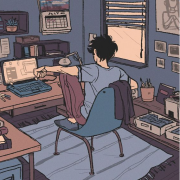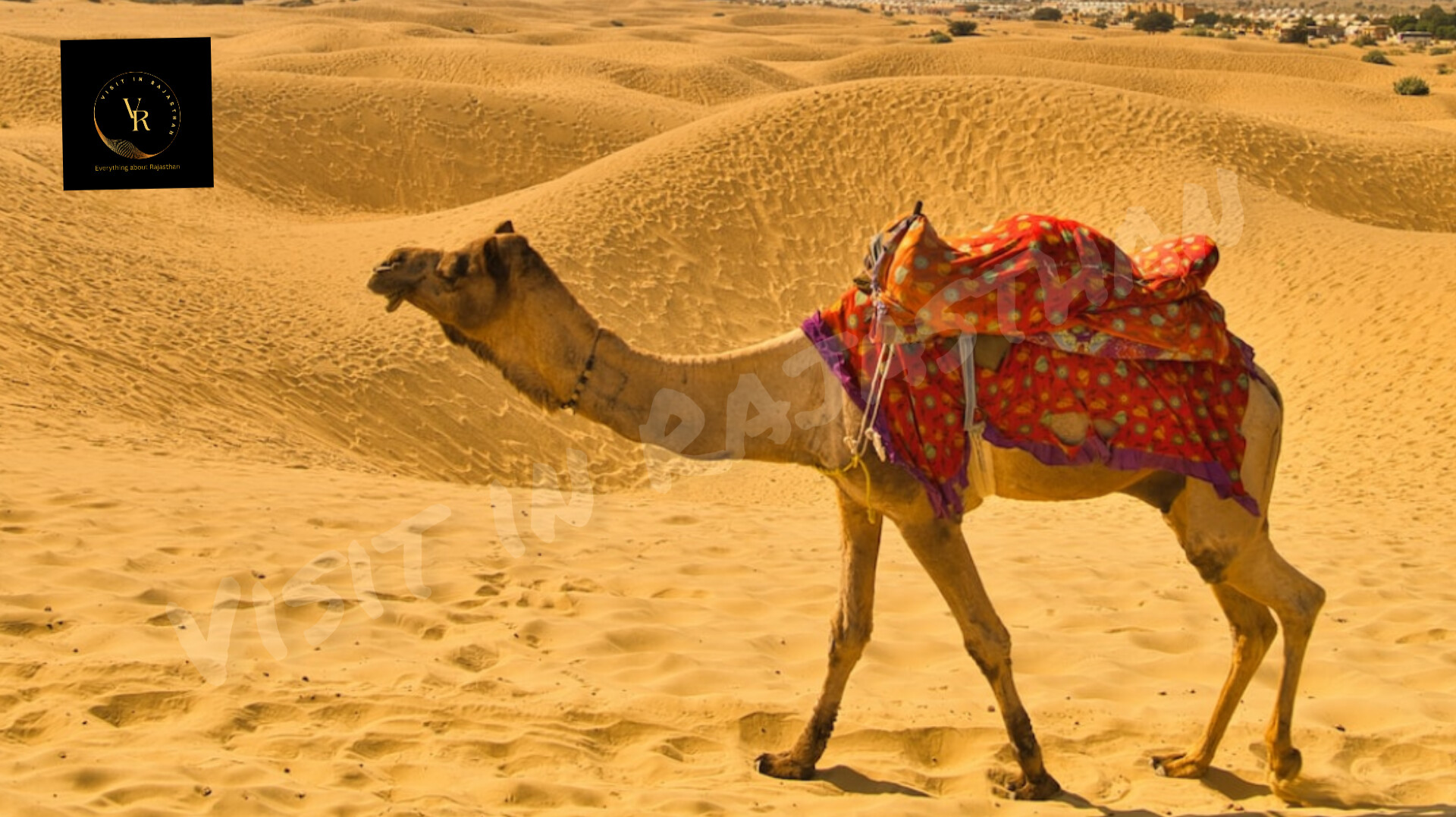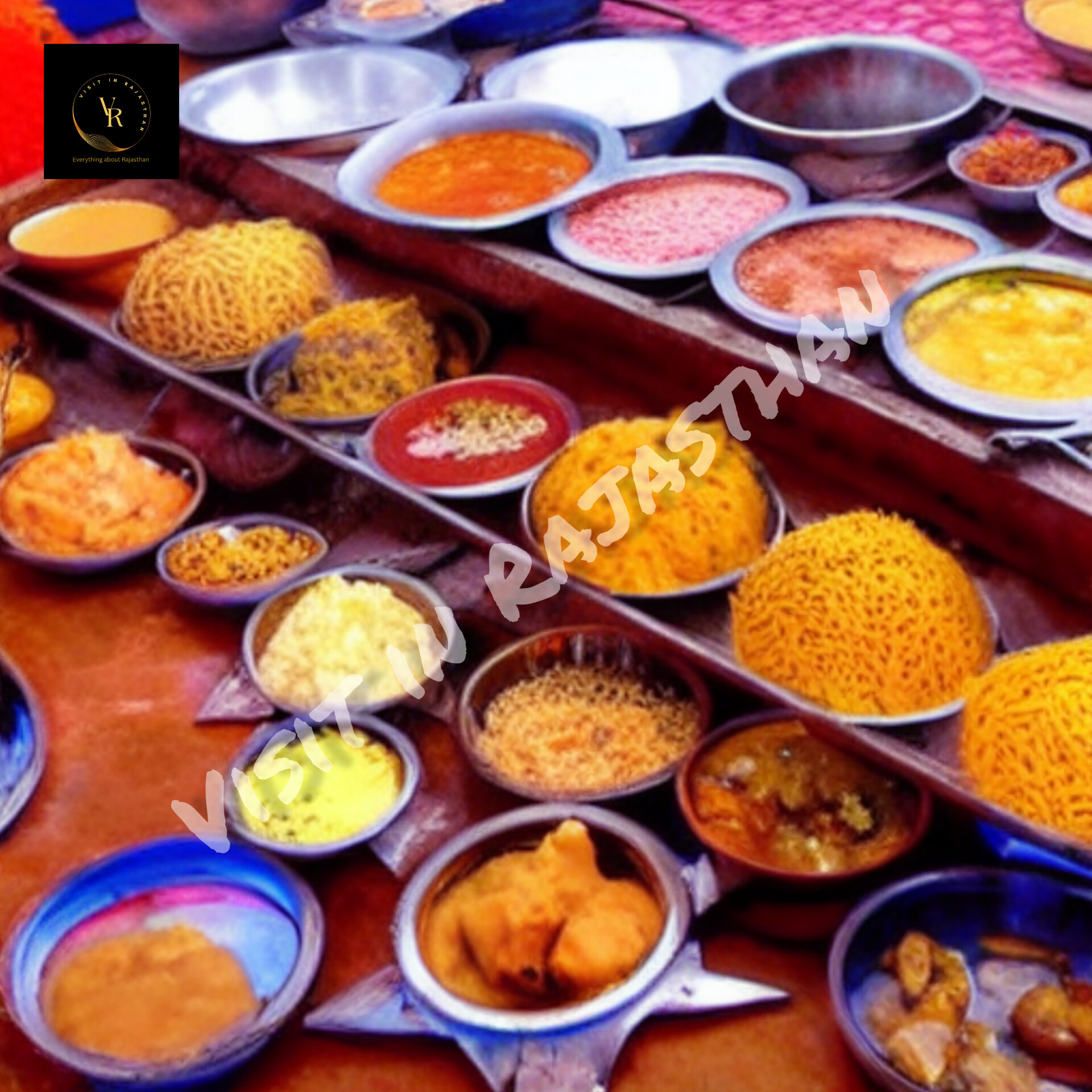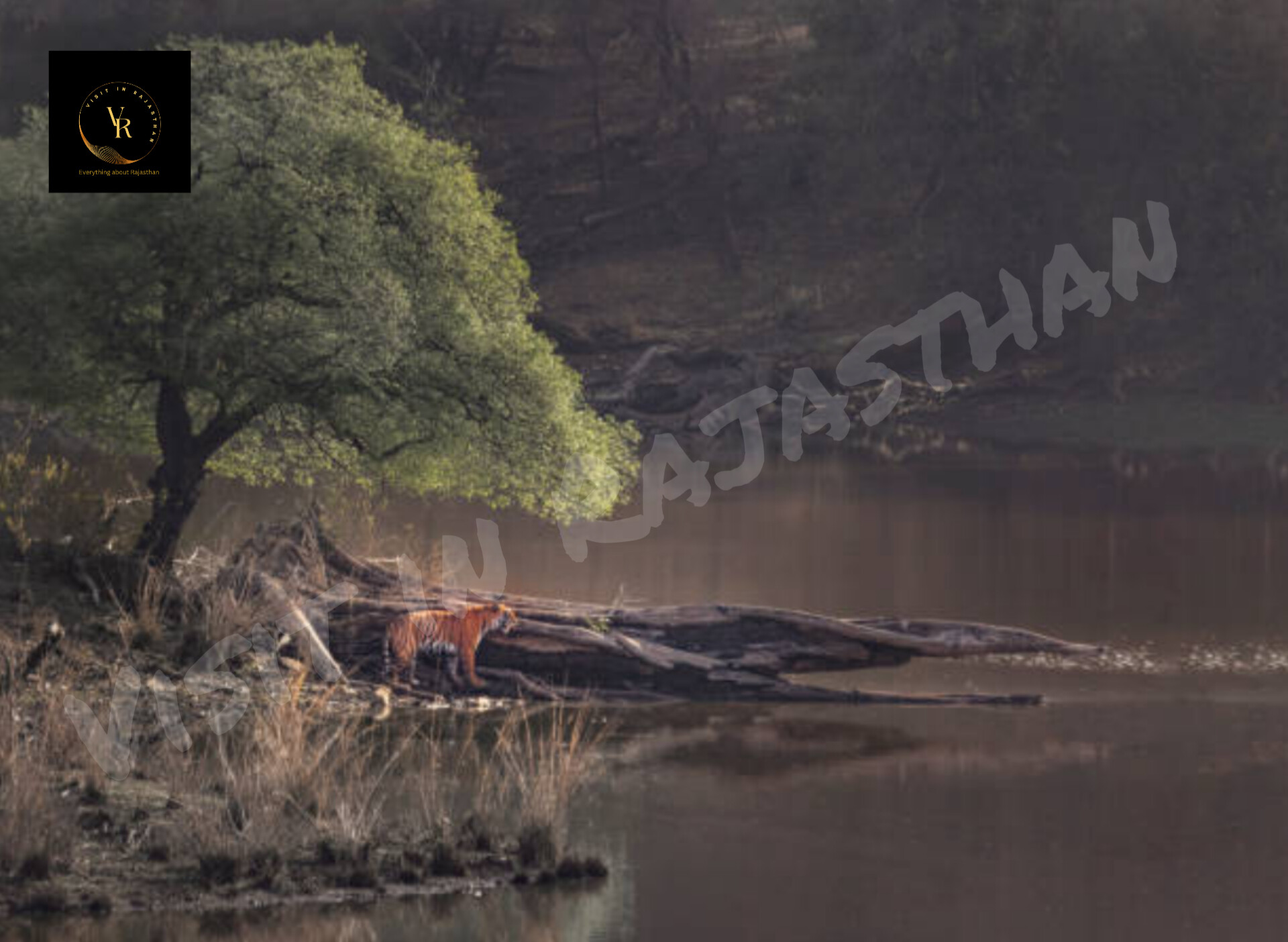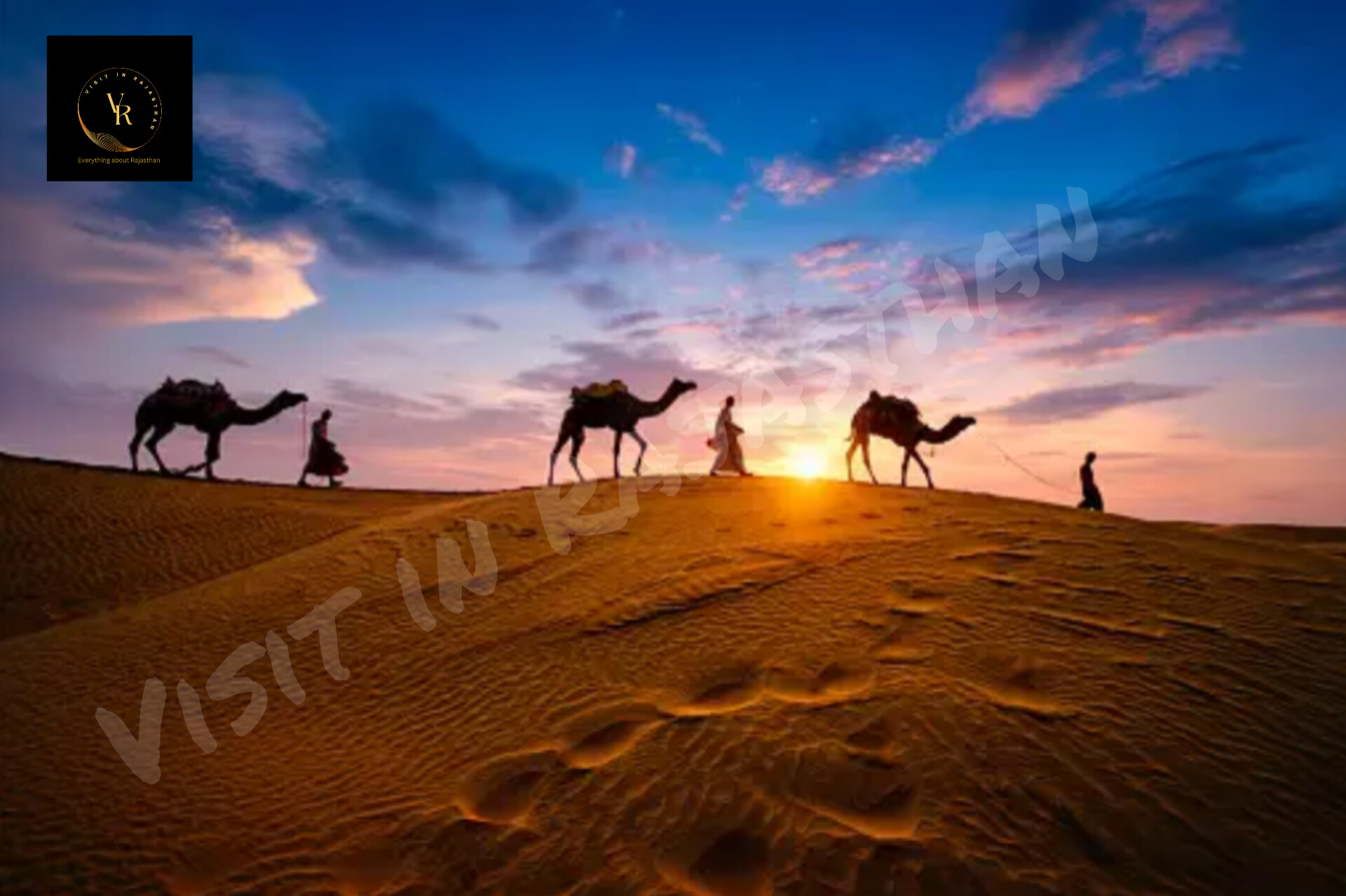The Albert Hall Museum relays the colorful traditions and stunning buildings of Rajasthan through its location in the green Ram Niwas Garden of Jaipur. Because it is the oldest museum in the state, visitors to Jaipur will find it rewarding to explore the way it takes them through time and art.
Origins and Historical Significance
In 1876, the museum was created to mark the visit of Prince Albert Edward to Jaipur, who would later become King Edward VII. Maharaja Sawai Ram Singh II at first wanted the structure to be a town hall, but Maharaja Sawai Madho Singh II decided to turn it into a museum for regional art. In 1887, the museum was officially opened, having grown out of the industrial crafts gathered for the 1883 Jaipur Exhibition.

Architectural Splendor
The Albert Hall Museum was built to the design of Sir Samuel Swinton Jacob and beautifully combines Islamic, Hindu, and European Gothic styles. Built with marble and sandstone, the building has beautiful domes, beautifully carved arches, and wide courtyards. On its outside, the museum has frescoes showing old civilizations, and on its walls inside, there are murals celebrating the Mahabharata and Ramayana, indicating the wealth of India’s traditions.
Diverse Collections
Housing over 19,000 items, the Albert Hall Museum lets you see how the arts changed and grew in Rajasthan over time. Noteworthy collections include.
Egyptian Mummy:
A rare Ptolemaic-era mummy, which is one of only a few on show in India, grabs people’s attention with the wonder it still holds today.
Pottery Gallery:
Showcasing lots of ceramics from different regions like Jaipur’s blue pottery, Persian tiles, and European earthenware, we can see how these things have affected local ways of making pottery.
Textiles and Costumes:
An extensive collection of traditional clothes, embroidery work, and fabrics that show the history of clothes people wore in Rajasthan.
Arms and Armor:
Exhibiting a big variety of weapons like swords, shields, and some firearms shows how the region’s people have always been warriors.
Jewelry and Ornaments:
A brilliant show of necklaces, bracelets, and rings made with gold, silver, and gemstones that really show how rich and beautiful Indian styles can be.
Paintings and Manuscripts:
Featuring small paintings, holy books, and written stories with pictures, the collection helps us understand more about how books and art were made in India.
Cultural Hub and Events
Beyond being a place where many old artifacts are kept, the Albert Hall Museum also hosts a lot of cultural events. It often puts on exhibitions, runs workshops, and gives talks to help people learn about art and culture. The museum also marks important days such as World Museum Day and Rajasthan Day by having special activities and letting people in free, so more people can join in and learn about local culture.
Visitor Information
Location:
Ram Niwas Garden is located in Ashok Nagar near Jaipur, India.
Timings:
Open every day from 9:00 AM to 5:00 PM and from 7:00 PM to 10:00 PM.
Entry Fees:
- General Entry: ₹40 for Indians, ₹20 for Indian students; ₹300 for people from other countries, ₹150 for foreign students.
- Night Visit: ₹100 for all visitors.
- Composite Ticket: ₹300 for Indians, ₹40 for Indian students; ₹1000 for tourists from other countries, and ₹200 for foreign student visitors. This ticket lets you visit extra heritage places over the next two days.
Contact:
Phone: +91 (141) 5190428; Email: albert.museumjaipur@gmail.com
Conclusion
Visitors to the Albert Hall Museum can explore the culture and traditions of Rajasthan firsthand. Because of its huge collections and beautiful architecture, it draws crowds who want to learn more about Indian culture.
Discover Jaipur’s iconic Albert Hall Museum – Unveil the art, history, and heritage today! Tap to explore now!
